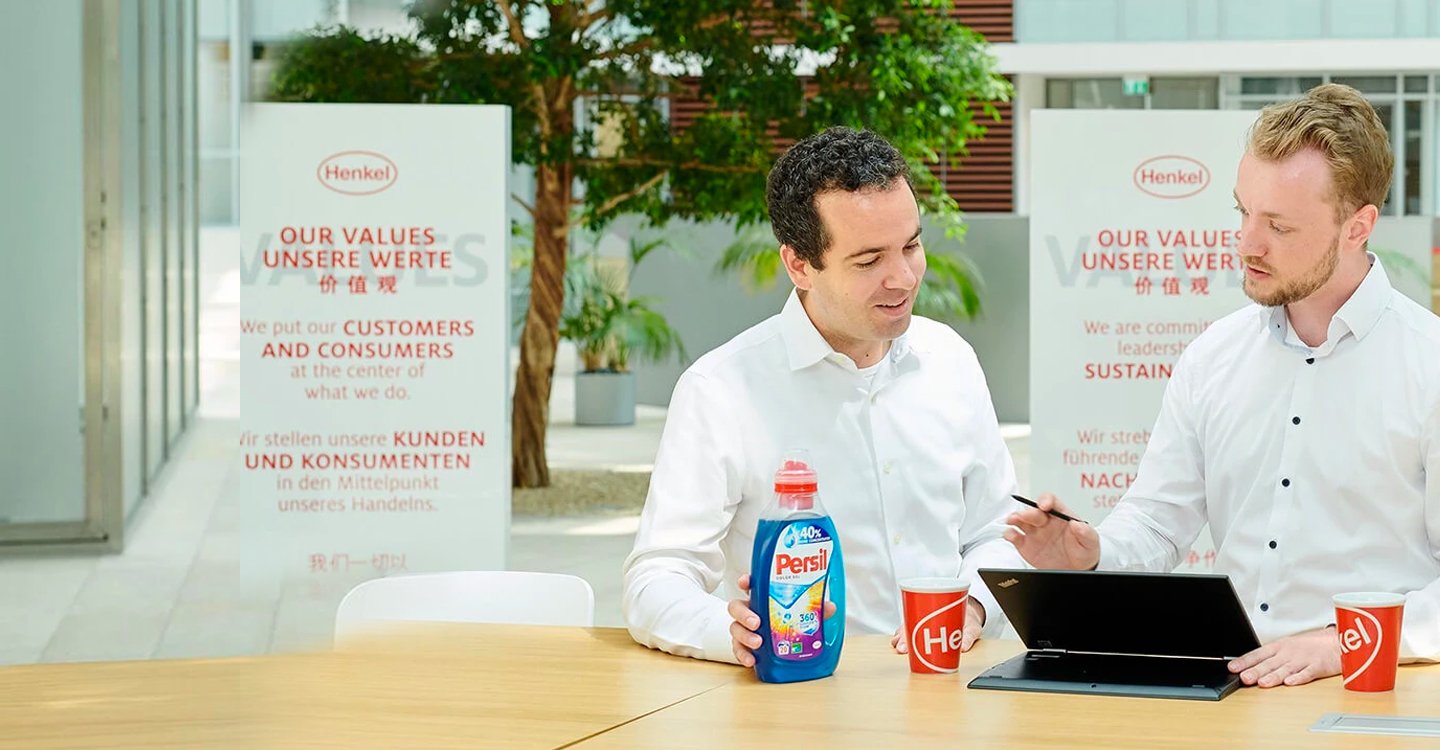Why you should prioritize knowledge harvesting
Oktober 29, 2024 / Unisys Corporation
Short on time? Read the key takeaways:
- Several factors make harvesting employee knowledge a top priority for organizations, from an aging workforce and employees moving into new roles to temporary leaves and attrition.
- The knowledge you gather also is valuable when onboarding employees or upskilling existing employees for new duties.
- Roadblocks to knowledge harvesting include underestimating staff turnover and believing there is plenty of time to harvest knowledge.
- Organizations might also worry about the time and resource investment.
Part one in a two-part blog series on knowledge harvesting.
Your best and brightest possess huge reservoirs of knowledge. Capture it now to keep your workplace and processes running smoothly.
Knowledge harvesting can help you do this effectively by enabling a structured approach to understanding and documenting employee knowledge and experience before they leave your organization or transition onto other roles. This process involves interviewing an employee, creating an asset capturing their knowledge and publishing it in a repository for use by others.
“Knowledge is disparate. It’s buried in emails and sitting in people’s brains,” explains Unisys AI Portfolio Vice President Suzanne Taylor. “Documentation doesn’t always capture the ‘why’ or the thinking behind decisions.”
Knowledge harvesting is something every organization should prioritize, according to Suzanne and Unisys Solution Architect Dinakaran Sundaresan. But that’s easier if you completely understand why knowledge harvesting is so important and which strategies make for successful implementation.
Knowledge harvesting is more critical than ever
Several factors contribute to the importance of knowledge harvesting. Across industries and countries, organizations are challenged by an aging workforce.
Some organizations, like the Commonwealth of Pennsylvania with its Hire, Improve, Recruit, Empower Committee, are taking decisive action to boost recruitment to counter the growing number of retiring employees. About 18,000 state employees – or a quarter of Pennsylvania’s workforce – will be eligible for retirement over the next five years. Organizations with many employees nearing retirement are facing the potential loss of valuable institutional knowledge.
While optimizing the employee experience from entry to exit should be a priority, preserving their knowledge is important too. This is even more critical at organizations where employees have been with the company for many years as products have evolved.
Other challenges that can be addressed by using employee knowledge smartly include:
- Onboarding employees so they can get up to speed on their duties faster
- Upskilling employees to take on additional responsibilities and contribute more on tasks and projects
- Preparing for talent retention issues by ensuring anyone who fills a role in the future can quickly learn the ropes
- Overcoming knowledge sprawl by documenting and consolidating your organization’s disparate know-how so it’s easily accessible to employees
- Understanding the most effective allocation of resources across projects or teams
All these potential uses make knowledge harvesting an appealing option. But why are some organizations hesitant to mine employee knowledge?
Roadblocks to knowledge harvesting
Organizations may hesitate to harvest knowledge for several reasons. One of these is underestimating staff turnover leading to complacency about lost knowledge.
Some organizations may recognize that their employees won’t stay forever but believe they have ample time to tap their knowledge before departure. That’s a mistake, according to Dinakaran. “Knowledge loss can be sudden and unpredictable. Even an employee with no plans to leave the company could get sick or go on an extended leave to care for parents or children,” Dinakaran said.
Employers may worry that asking employees to document their procedures and day-to-day tasks could make them feel their jobs are at risk. And the investment required for knowledge harvesting may stall some organizations. However, implementing knowledge harvesting across the organization as a standard practice can alleviate employee worries. And implementing regular knowledge transfer sessions across teams and the organization can foster a culture of shared learning and collaboration. This reduces employee concerns about job security and ensures that knowledge retention becomes a continuous, proactive process rather than a reactive one.
Many technology tools exist to make this process quicker and more efficient for employees. They can even use tools to refresh their memory of knowledge they haven’t had to use in awhile, accessing information they need to complete infrequent tasks.
Retain expertise with knowledge harvesting
Knowledge harvesting can support business continuity when unexpected employee leaves occur. It can also ensure that customers don’t notice any change in service. Whether an employee is leaving the company altogether or simply moving to a different role in yours, you can capture their expertise before they go.
In part two of this series, we’ll share strategies to help you achieve success with knowledge harvesting. In the meantime, reach out to Unisys for expertise on how to implement knowledge harvesting.



















